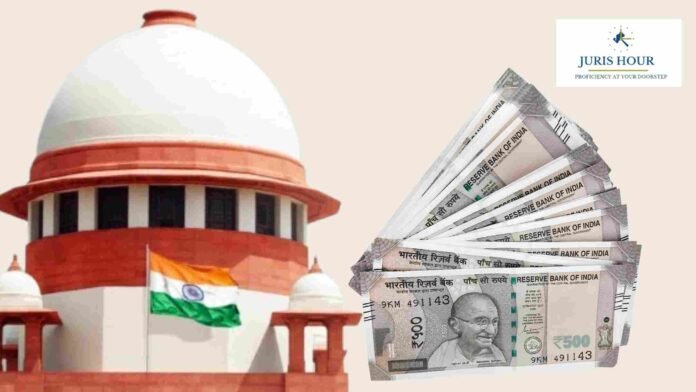The Supreme Court has held that purchasing dealers must conclusively prove the genuineness of transactions and actual movement of goods to claim Input Tax Credit (ITC).
The Bench of Justice M.R. Shah and Justice C.T. Ravikumar while setting aside the Karnataka High Court’s orders that had earlier allowed ITC to the purchasing dealers observed that to claim Input Tax Credit (ITC), a dealer must prove the actual physical movement of goods, as merely producing tax invoices and payment proof is insufficient. The burden of proof lies entirely on the dealer claiming the credit. This decision restores the tax department’s denial of ITC in cases where transactions were suspected to be fake. It underscores the need for businesses to maintain robust documentation to prove the genuineness of their purchases beyond any doubt.
The controversy stemmed from reassessments made under the KVAT Act, where the Revenue authorities disallowed ITC claimed by several purchasing dealers, including Ecom Gill Coffee Trading Pvt. Ltd., on the ground that the sellers were either de-registered, had filed NIL returns, or had denied the sales altogether.
While the Karnataka Appellate Tribunal and subsequently the High Court had ruled in favour of the assessees—holding that purchasers should not suffer due to the default of the sellers—the State challenged these decisions before the Supreme Court.
The department argued that Section 70 of the KVAT Act explicitly places the burden of proof on the dealer claiming ITC. Mere production of invoices or payment through cheques does not establish genuine transactions. The dealers must demonstrate actual movement of goods, payment of freight, delivery acknowledgments, and other corroborative evidence.
The purchasing dealers, including Ecom Gill Coffee, argued that they had complied with all statutory requirements, purchased goods from registered dealers, and made payments through banking channels. They maintained that any failure by the seller to remit tax cannot prejudice the bona fide purchaser. under Rules 27 and 29 of the KVAT Rules, 2005, production of valid tax invoices is sufficient to claim ITC, and no further documentation such as transport details is mandated.
Rejecting the dealers’ contention, the Bench held that Section 70 places an unequivocal burden on the purchasing dealer to establish the correctness of their ITC claim.
“Merely because the dealer claiming ITC claims that he is a bona fide purchaser is not enough. The burden of proving the correctness of ITC remains upon the dealer claiming such ITC,” the Court observed.
Allowing the appeals filed by the State of Karnataka, the Supreme Court quashed the orders of the High Court and the Appellate Tribunal, thereby restoring the Assessing Officer’s orders disallowing ITC.
The Court held, “Unless and until the purchasing dealer discharges the burden cast under Section 70 and proves the genuineness of the transaction by producing cogent material, such purchasing dealer shall not be entitled to Input Tax Credit.”
Case Details
Case Title: State of Karnataka v. Ecom Gill Coffee Trading Pvt. Ltd. & Ors
Case No.: CIVIL APPEAL NO. 231 OF 2023
Date: MARCH 13, 2023
Read More: Sale of Property During Pendency of Suit Invalid: Supreme Court

